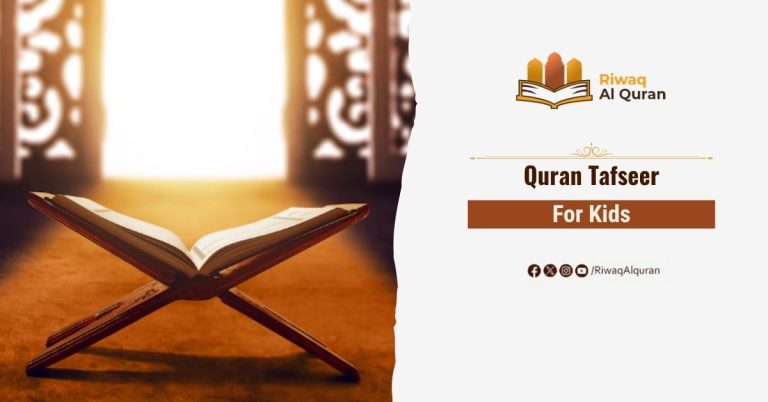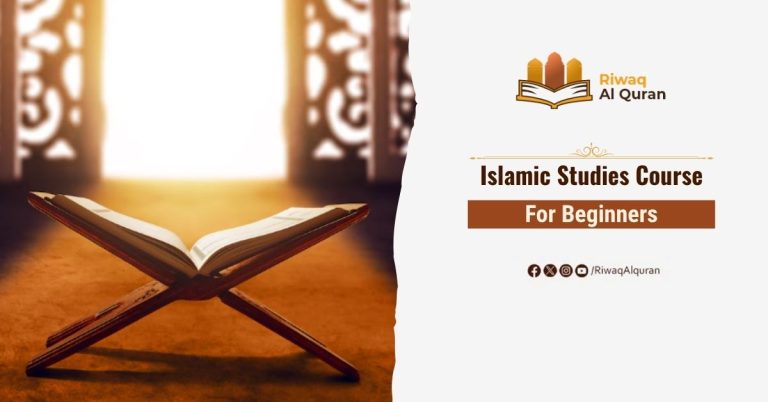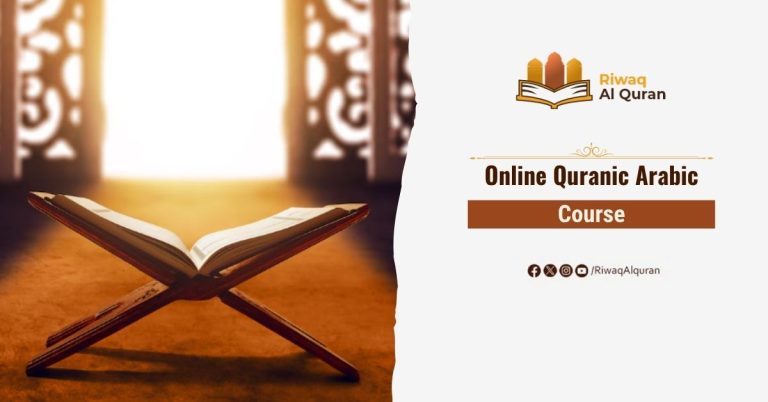In this blog post, we will explore the importance of facing the Qiblah (the direction towards the Kaaba in Mecca) when reading the Quran.
Many Muslims may wonder if it is necessary to face the Qiblah while reciting or studying the holy scripture. We will delve into the reasons behind this practice and its significance in Islamic prayer and worship.
Join us as we uncover the wisdom and traditions surrounding this integral aspect of reading the Quran. We begin by explaining the concept of the Qiblah as the direction towards the Kaaba in Mecca and its significance in Islamic worship. The post cites Quranic verses and Hadith narrations that highlight the recommendation of facing the Qiblah while reciting the Quran. It discusses the differences of opinion among Islamic scholars regarding this practice, with some considering it recommended but not obligatory.
The post also addresses the practicality of facing the Qiblah and suggests alternatives for those unable to do so. Finally, it emphasizes the importance of intention and reverence in Quranic recitation, highlighting the flexibility of Islam in accommodating individual circumstances.
Table of Contents
Is it necessary to read The Quran Facing Qibla?
According to Islamic teachings, it is recommended (Sunnah) to face the Qiblah while reciting or reading the Quran and it is not necessary or wajib. The Qiblah refers to the direction of the Kaaba in the Sacred Mosque in Mecca, which is considered the holiest site in Islam.
This practice is based on a Prophetic narration that states there is a Master for everything, and facing the Qiblah while reciting the Quran is preferred. The Quran also mentions this command to “turn your face toward the Sacred Mosque” in multiple verses.
Evidence From The Quran And Hadith On The Importance Of Facing Qiblah
The importance of facing Qiblah while reading the Quran is deeply rooted in the sacred texts of Islam, namely the Quran and Hadith. These sources provide clear evidence for the significance placed on this practice.
1. The Quranic Verses:
Numerous verses in the Quran emphasize the importance of facing towards the Kaaba (Qiblah) during prayers. Surah Al-Baqarah (2:144) specifically instructs Muslims to turn their faces towards the Sacred Mosque (Kaaba) wherever they are. This highlights that facing Qiblah is a fundamental aspect of Islamic worship.
2. Hadith Narrations:
The sayings and actions of Prophet Muhammad (PBUH) also emphasize the significance of facing Qiblah when engaging in religious activities such as reciting or studying the Quran.
The Prophet Muhammad (PBUH), such as the one that states, “The best of events is the one facing the Qiblah”.
Authentic Hadith narrations describe how Prophet Muhammad himself would face Makkah while performing acts of devotion, highlighting the spiritual value of this practice.
3. Symbolic Unity:
Facing Qiblah serves as a powerful symbol of unity among Muslims worldwide. It connects them all to a central focal point during acts of worship, regardless of their geographical location. By facing Qiblah, Muslims reinforce a collective sense of belonging and strengthen the bonds within the Muslim community.
Enhance your understanding of Fiqh and deepen your knowledge of Islamic practices, including the significance of facing Qiblah while reading the Quran. At Riwaq Al Quran, we offer the Best Online Fiqh Courses taught by experienced instructors to help you gain a deeper understanding of Fiqh.


Differences Of Opinion Among Islamic Scholars Regarding Facing The Qiblah While Reading The Quran
Islamic scholars have differing opinions when it comes to the requirement of facing Qiblah while reading the Quran. Here are some key points regarding these differences:
1. Majority Opinion:
The majority of Islamic scholars hold the view that it is not mandatory to face Qiblah while reading the Quran. They argue that there is no direct evidence from the Quran or authentic Hadiths that support this practice.
They also point out that Prophet Muhammad (peace be upon him) and his companions did not always face Qiblah while reciting the Quran.
2. The Hanafi School:
According to the Hanafi school of thought, facing Qiblah is recommended but not obligatory while reading the Quran. This means that it is a virtuous act, but not a requirement.
3. The Shafi’i School:
The Shafi’i school holds the opinion that it is preferable to face Qiblah while reciting the Quran, especially when one is memorizing it. However, they do not consider it obligatory.
4. The Maliki and Hanbali Schools:
These two schools of thought have different opinions on this matter. Some scholars from these schools believe that facing Qiblah while reading the Quran is not a requirement, while others consider it recommended.
5. Evidence Supporting Facing Qiblah:
Some scholars argue that there are verses in the Quran that suggest or imply facing Qiblah while reciting it.
For example, Allah says in the Quran: “So turn your face toward al-Masjid al-Haram. And wherever you [believers] are, turn your faces toward it [in prayer].” (Quran 2:144)
They also cite Hadiths where Prophet Muhammad (peace be upon him) is reported to have faced Qiblah while reciting the Quran.
The Practicality Of Facing Qiblah While Reading The Quran
Reading the Quran while facing the Qiblah may not always be possible, but if it is feasible, it can improve focus and spiritual connection. It serves as a reminder of our unity and submission to Allah and represents our intention to worship for His sake.
While not obligatory, it should be encouraged whenever possible as it brings us closer to Allah and promotes reverence for His revelations. Ultimately, sincerity and dedication toward comprehending and applying the teachings of the Quran are more significant than practicality.
Discover the convenience and flexibility of learning Quran recitation online with Riwaq Al Quran. Start your journey toward spiritual growth and understanding today.
Alternatives For Those Unable To Face Qiblah
If you are unable to face the Qiblah while reading the Quran, some alternatives can help you maintain focus and reverence. Here are some options for those who may find it difficult to face the Qiblah:
1. Find a quiet and clean space:
While facing the Qiblah is ideal, finding a peaceful and pure environment to read the Quran can also enhance your connection with Allah.
2. Visualize the direction:
If you cannot physically face the Qiblah due to physical limitations or other constraints, you can close your eyes and imagine yourself facing it in your mind’s eye.
3. Use a compass or technology:
For those who struggle with determining the exact direction of the qibla, using a compass or smartphone apps specifically designed for this purpose can provide guidance.
Ignite Your Child’s Love For Islam: Register For Our Online Islamic Studies Course At Riwaq Al Quran
At Riwaq Al Quran, we recognize the significance of offering a comprehensive Islamic teachings for children. That is why we are thrilled to provide an online course in Islamic Studies for kids.
This course covers various topics, including Quranic recitation and Hadith studies, intending to instill a love for the Quran and important Islamic principles.
Our experienced instructors and interactive learning materials aim to give your child an enriched religious education and a strong connection to Allah SWT. Enroll today to give your child this valuable opportunity.


Conclusion
Islamic scholars concur that it is recommended to face the Qiblah while reading the Quran, but it is not a strict requirement.
The intention and reverence behind this action are crucial as they strengthen one’s connection with Allah and create a conducive environment for recitation.
If one is unable to physically face the Qiblah, there are alternative options available, as Islam is a flexible religion. What holds utmost importance is sincerity in seeking knowledge and understanding from the Quran.




































